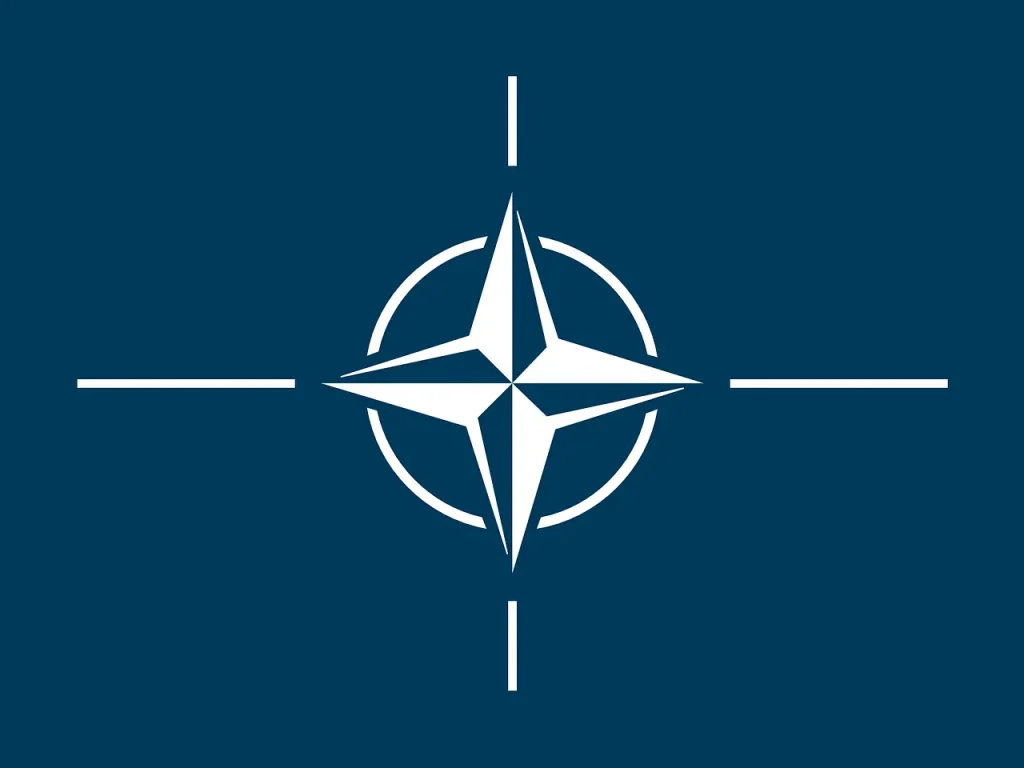Earlier on Sunday, President Milanović said that some countries did not want the closing declaration of the coming NATO summit in Brussels to mention the Dayton peace agreement and Bosnia and Herzegovina’s three constituent peoples but that Croatia would not consent to it.
“That statement is totally unsubstantiated,” Grlić Radman said.
Grlić Radman claims that as far as Bosnia and Herzegovina is concerned, a formulation in one of the paragraphs, proposed by the Croatian government, was accepted and that the formulation refers to the Dayton agreement, the constituent peoples, equality and reform processes, notably amendment of the country’s election law.
“We have agreed that the Dayton agreement and reform processes, that is, the election law, will be mentioned in that paragraph… President Milanović is not telling the truth, we have all the documents,” said Grlić Radman, noting that the government had constantly been working on the protection of the status of the Croat people in BiH.
Asked by reporters if he would support President Milanović if he refused to sign the document in case it did not include the said formulation about BiH, the minister did not give a clear answer.
“The Brussels summit is not dedicated to BiH, the document in question has some 50 pages, and we want to agree that text with our allies, the summit is not decisive for the status of the Croat people in BiH anyway,” the minister said about the contentious document, repeating several times that it had been agreed that the document would mention, in one paragraph, “the Dayton agreement and reform processes, that is, the election law.”
Commenting on Milanović’s statement about his father having been a Communist official who got reach through privatization, Grlić Radman said that the statement was scandalous and proud of his father, who had been a patriot and benefactor.
As for Milanović’s statement that he was “lamenting the fate of Croats in Communism,” Grlić Radman said that any mention of the word Croat meant danger in Yugoslavia.
“You could not sing ordinary patriotic songs such as ‘Marjane, Marjane’ and ‘Vila Velebita’,” he said, describing the former state as “a totalitarian, centralist and unitarist system, with one people dominating diplomacy, finances, police and defense structures.”
For more on politics in Croatia, follow TCN’s dedicated page.










